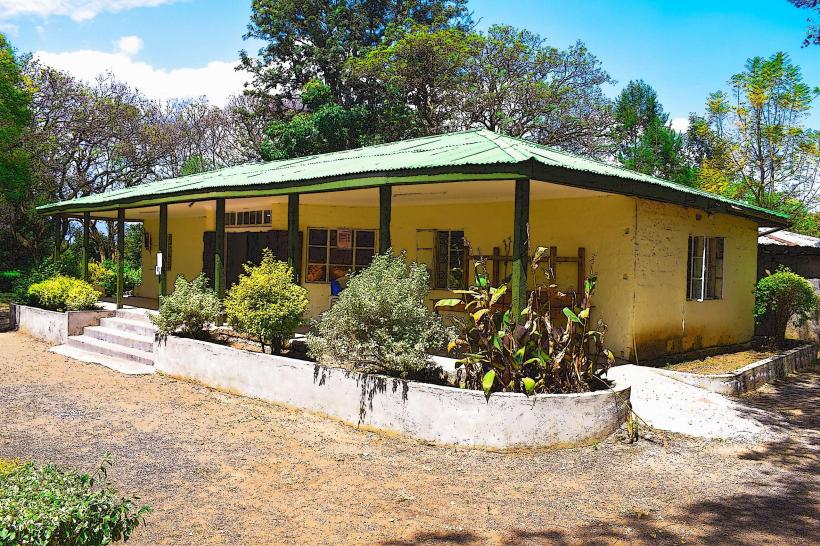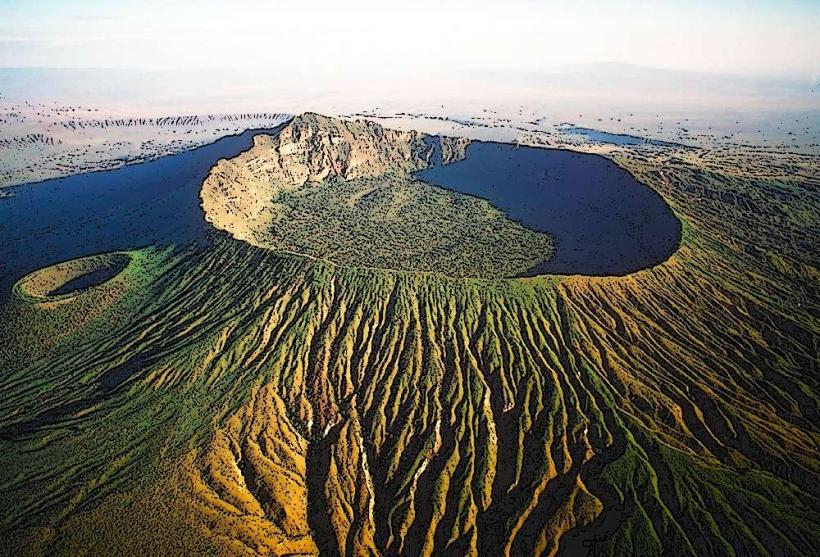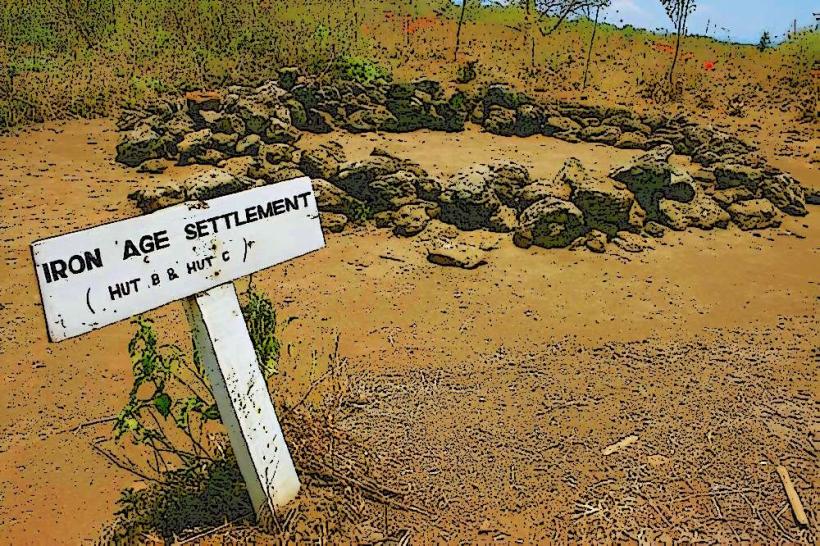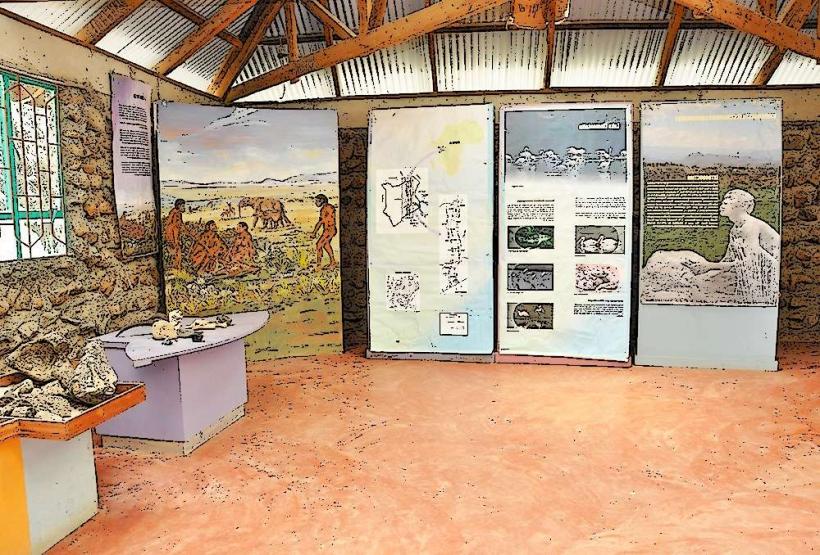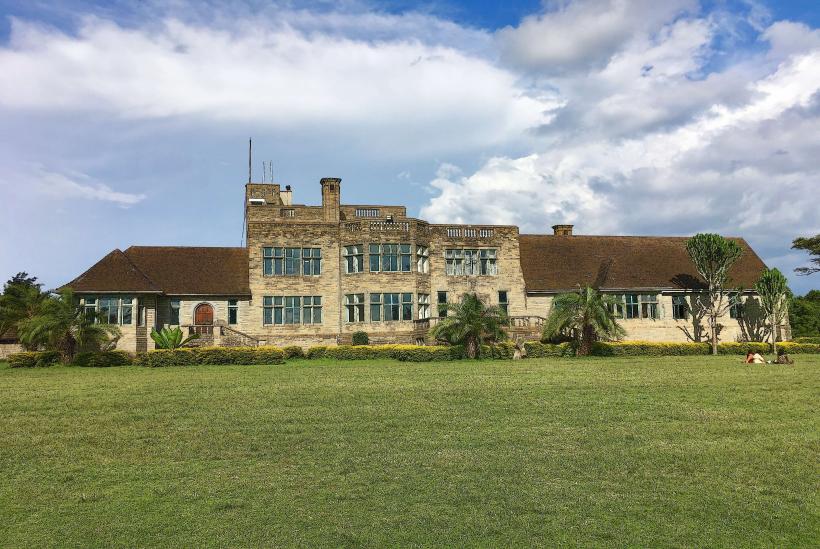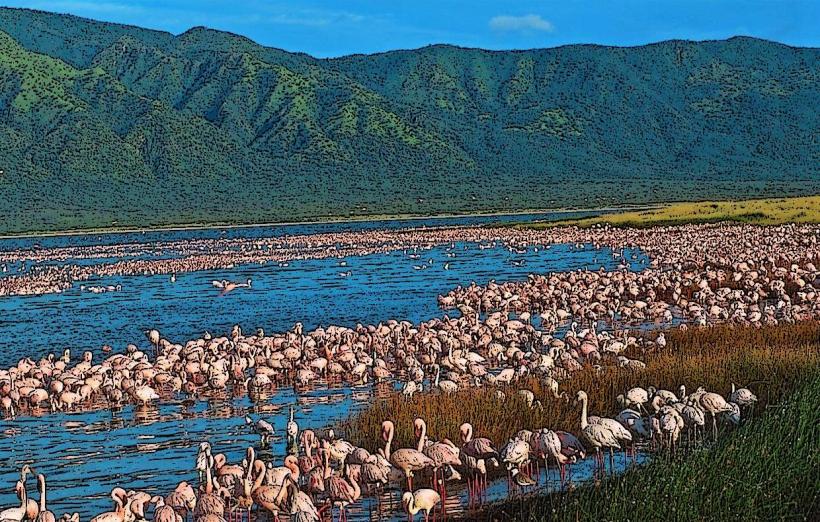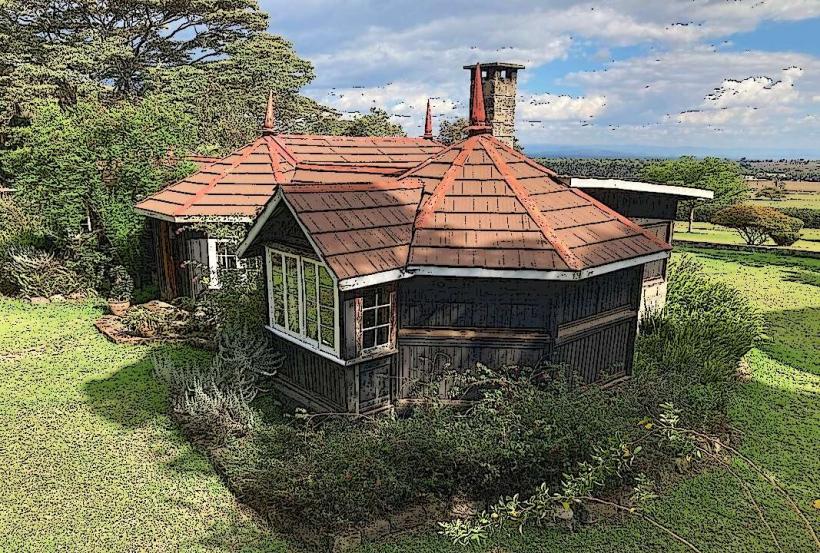Information
Landmark: Lake Nakuru National ParkCity: Nakuru
Country: Kenya
Continent: Africa
Lake Nakuru National Park, Nakuru, Kenya, Africa
Lake Nakuru National Park is one of Kenya’s most iconic wildlife sanctuaries, renowned for its spectacular lake scenery, rich biodiversity, and status as a haven for both birds and large mammals. Located just a few kilometers from Nakuru town in the Rift Valley, the park offers an unforgettable blend of dramatic landscapes and accessible game viewing, making it a favorite for both seasoned safari-goers and first-time visitors.
1. Geography and Landscape
The park spans approximately 188 square kilometers and is built around Lake Nakuru, a shallow, alkaline lake at the heart of the Great Rift Valley. The landscape is strikingly diverse and includes:
Acacia woodlands
Grasslands and savannah
Rocky cliffs and escarpments
Swampy marshes and shoreline reeds
This diversity of habitats supports a wide range of wildlife and makes the park visually captivating, with constantly shifting terrain and light throughout the day.
2. Lake Nakuru and Birdlife
Historically, the lake was famous for its vast flocks of flamingos, which once covered its shores in pink. Although flamingo numbers have fluctuated over the years due to changes in water levels and algae composition, the lake remains one of the best birdwatching spots in Africa.
Over 450 bird species have been recorded here, including:
Greater and Lesser Flamingos
Great white pelicans
African fish eagles
Hamerkops
Marabou storks
Herons, egrets, and ducks
Grey crowned cranes
Migratory species from Europe and Asia (seasonal)
The surrounding acacia trees and wetlands provide nesting and feeding grounds for many of these species.
3. Wildlife and Safari Highlights
Lake Nakuru National Park is a designated rhino sanctuary, one of the best places in Kenya to see both white and black rhinoceroses. Other notable wildlife includes:
Rothschild’s giraffe: A rare and endangered subspecies, successfully introduced to the park
Buffalo, zebra, and impala
Waterbuck, eland, and bushbuck
Lions and leopards (though sightings are more occasional)
Warthogs and baboons
Spotted hyenas
While elephants are absent, the diversity and density of other large mammals make for excellent wildlife encounters, often without needing to venture far from the park roads.
4. Viewpoints and Attractions
There are several elevated viewpoints within the park that provide panoramic views of the lake and surrounding terrain:
Baboon Cliff: Popular for photography and picnicking, with views across the lake
Lion Hill: Offers another elevated perspective, especially beautiful at sunrise or sunset
Out of Africa Lookout: Named after the film, it provides one of the best vistas over the park
Additionally, Makalia Falls, a seasonal waterfall in the southern part of the park, offers a scenic and quieter area to explore.
5. Accessibility and Infrastructure
Location: About 160 km northwest of Nairobi (approx. 2.5–3 hours by road)
Roads: Well-maintained and suitable for standard vehicles during dry seasons
Park Entry: Regulated by the Kenya Wildlife Service (KWS), with entry fees based on citizenship and age
Accommodations: Includes luxury lodges, tented camps, and budget options within and around the park
Popular lodges include Sarova Lion Hill, Lake Nakuru Lodge, and several community-run campsites near the gates.
6. Best Time to Visit
Dry seasons (January–March and June–October) are ideal for wildlife viewing, with clear roads and better chances of spotting animals near water sources.
Rainy seasons (April–May, and November) bring lush greenery and dramatic skies but may make some roads difficult to access.
Birdwatching is excellent year-round, with migratory birds arriving between October and April.
7. Conservation and Challenges
Lake Nakuru National Park plays a key role in rhino conservation and protection of rare species, including Rothschild’s giraffe. However, the park faces ecological challenges such as:
Rising water levels affecting flamingo habitats and infrastructure
Encroachment and pollution from nearby urban development
Climate change impacts on bird and algae populations
The Kenya Wildlife Service, along with conservation partners, is actively working on habitat restoration, water management, and community engagement to ensure long-term sustainability.
Lake Nakuru National Park offers one of Kenya’s most accessible and rewarding safari experiences, combining bird-rich wetlands, photogenic landscapes, and strong conservation efforts. Whether you're drawn by the shimmering lake, the elusive leopards, or the powerful presence of rhinos, it leaves a deep and lasting impression.

